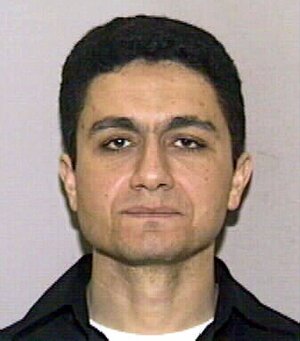Don't forget to study for your quiz tonight!
Republican Presidential Candidates
Here they are!
- Michelle Bachmann
- Herman Cain
- Newt Gingrich
- Jon Huntsman
- Gary Johnson
- Ron Paul
- Rick Perry
- Mitt Romney
- Rick Santorum
And, of course
- Sarah Palin
Over the remainder of this semester, you will get to know one Republican presidential candidate very, very well. You will work on assignments related to this candidate throughout the Republican candidate selection process.
Your first assignment, and the project we will spend the rest of this quarter on, will be to build a dossier for your candidate. You'll start today by answering a series of questions. Type your responses in an MS Word document and print it out. The document is due in my hands before the end of this class period.
For each question, paste the link where you found your information after your answer.
- Name your candidate and paste the link for his/her official website.
- What is a Republican? What values does the Republican Party stand for?
- Is your candidate a specific type of Republican (i.e., Tea Party, Libertarian, etc.)? Explain.
- Where does your candidate fall on the political spectrum? Explain.
- What state does your candidate come from? What can you find out about his/her background in that state?
- What past experience does your candidate have?
- Does your candidate's past experience prepare him/her to be President? Explain.
- What issues does your candidate seem to care most about? Explain.
- Why is your candidate running for president?
- Free Space: Anything else? Explain.
20 points.




